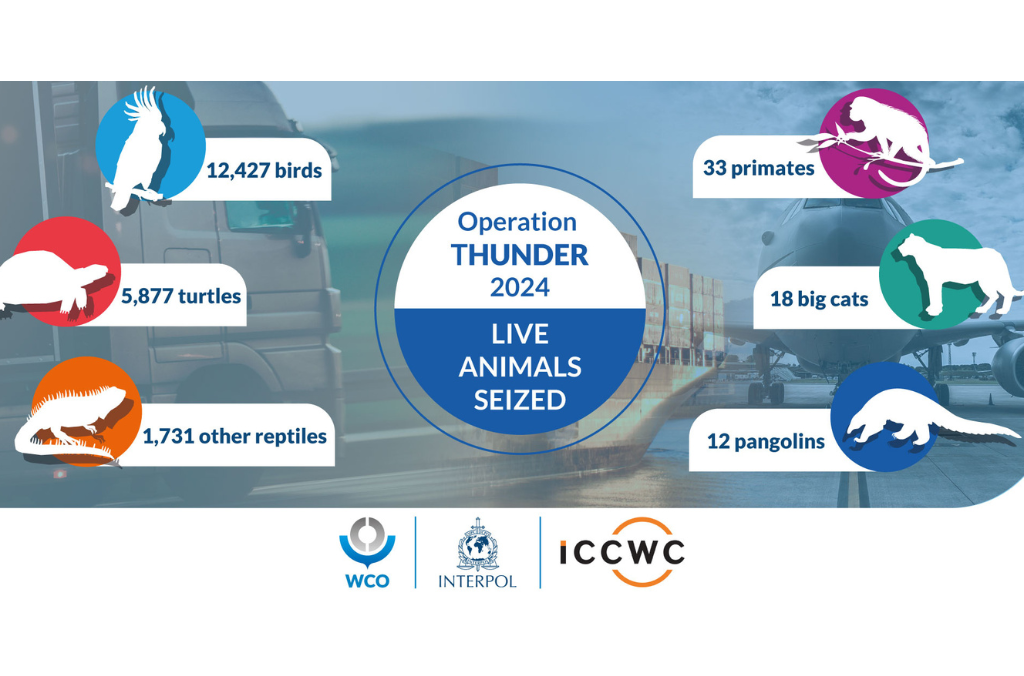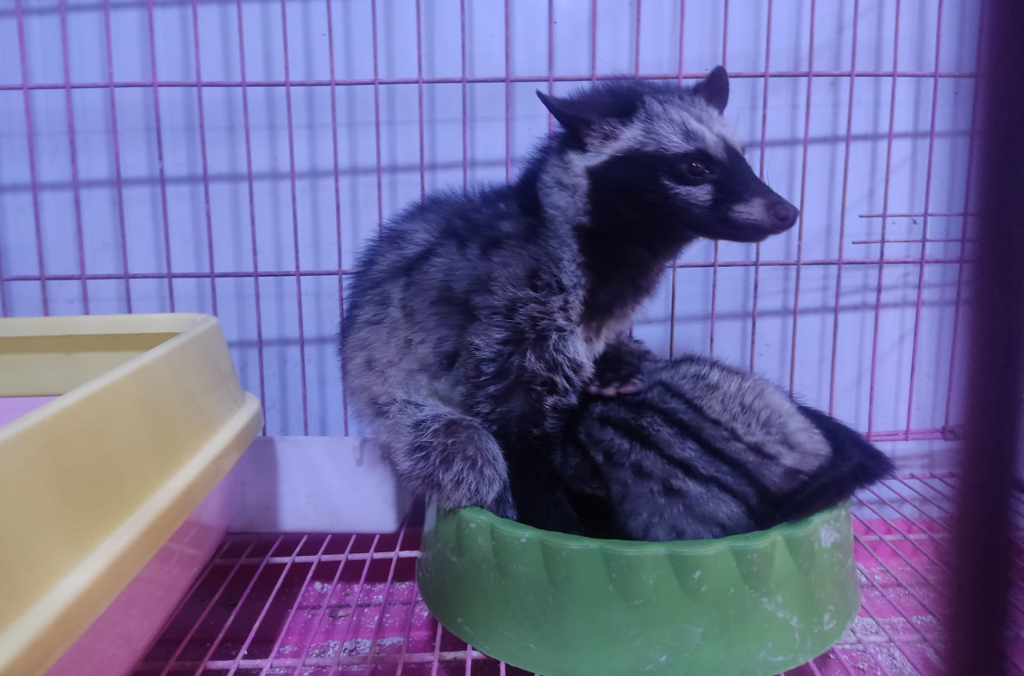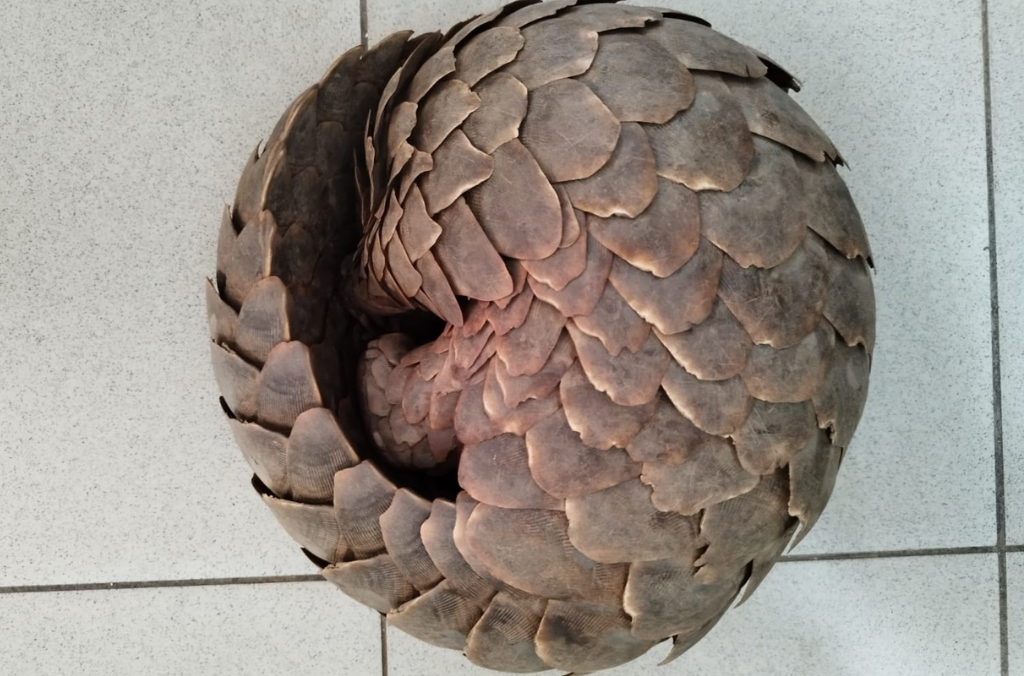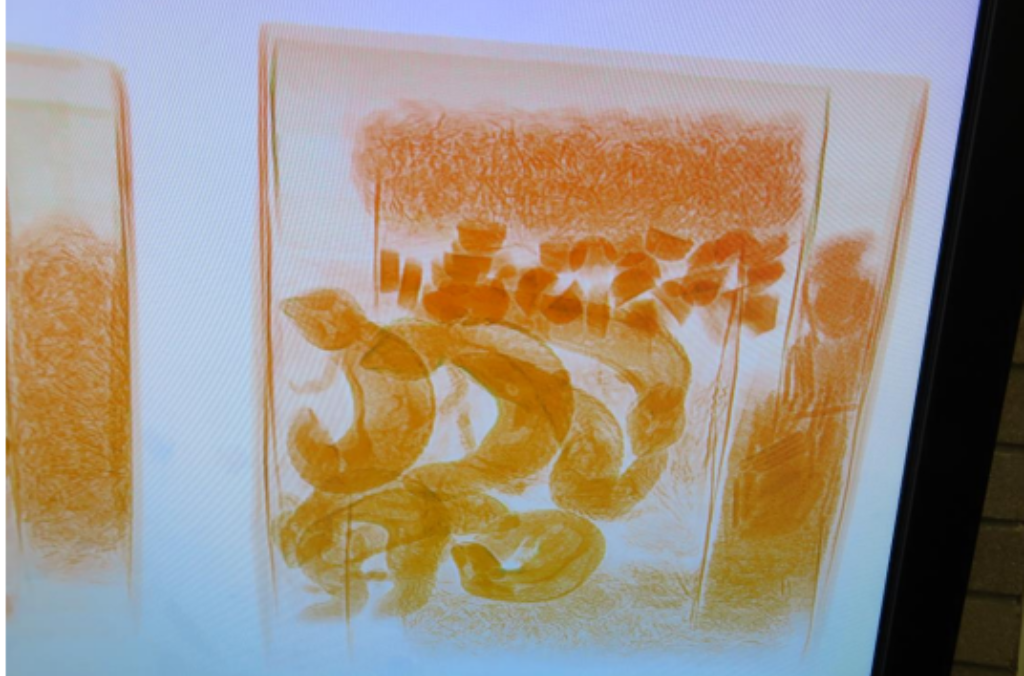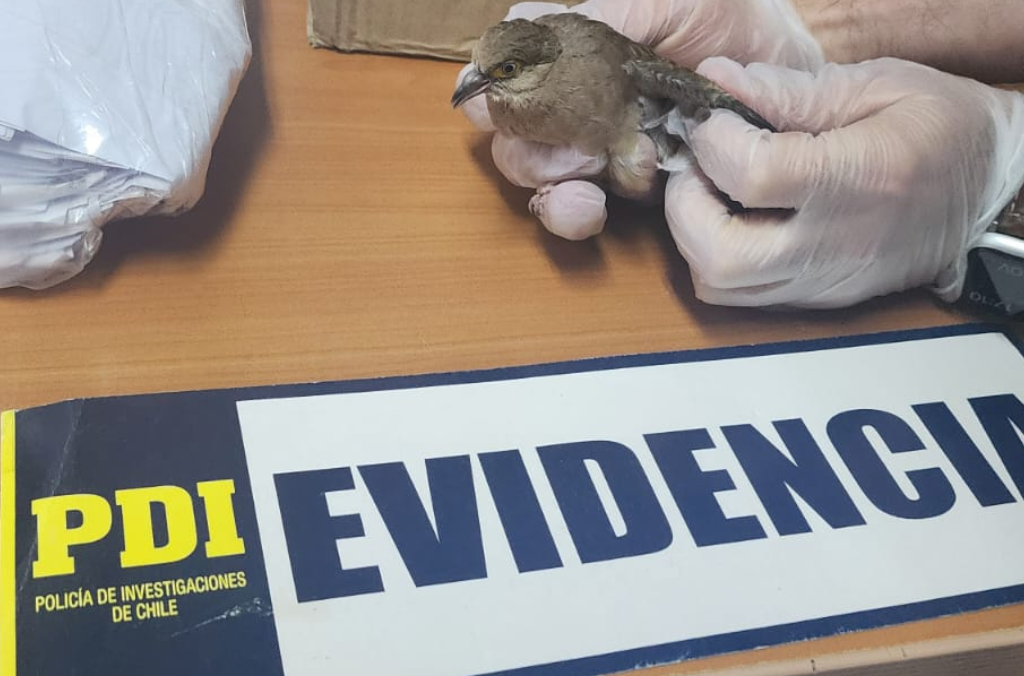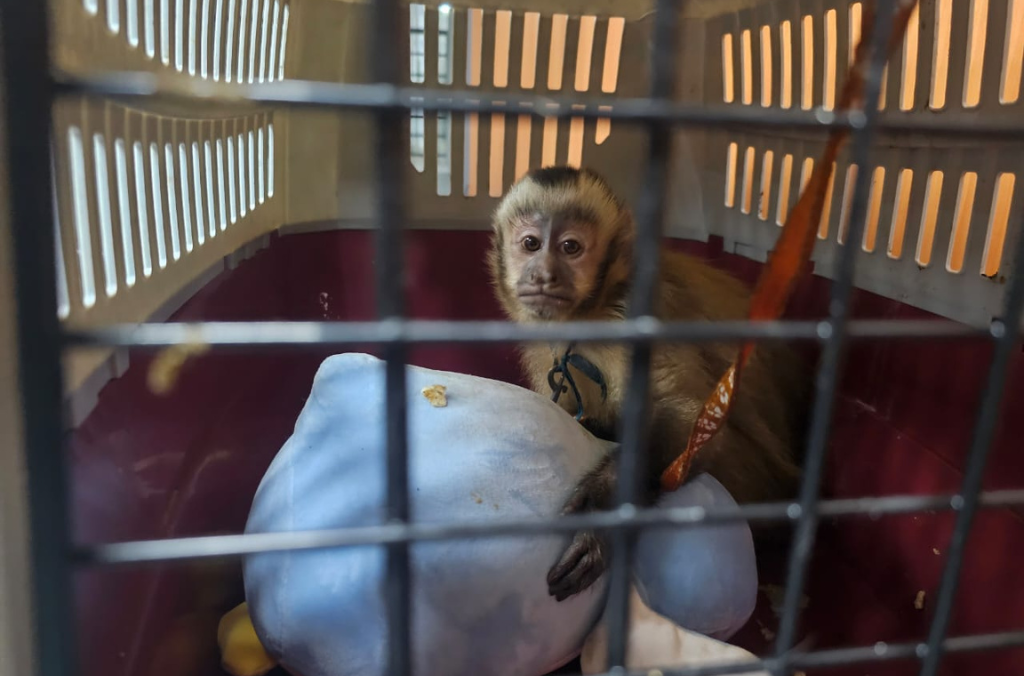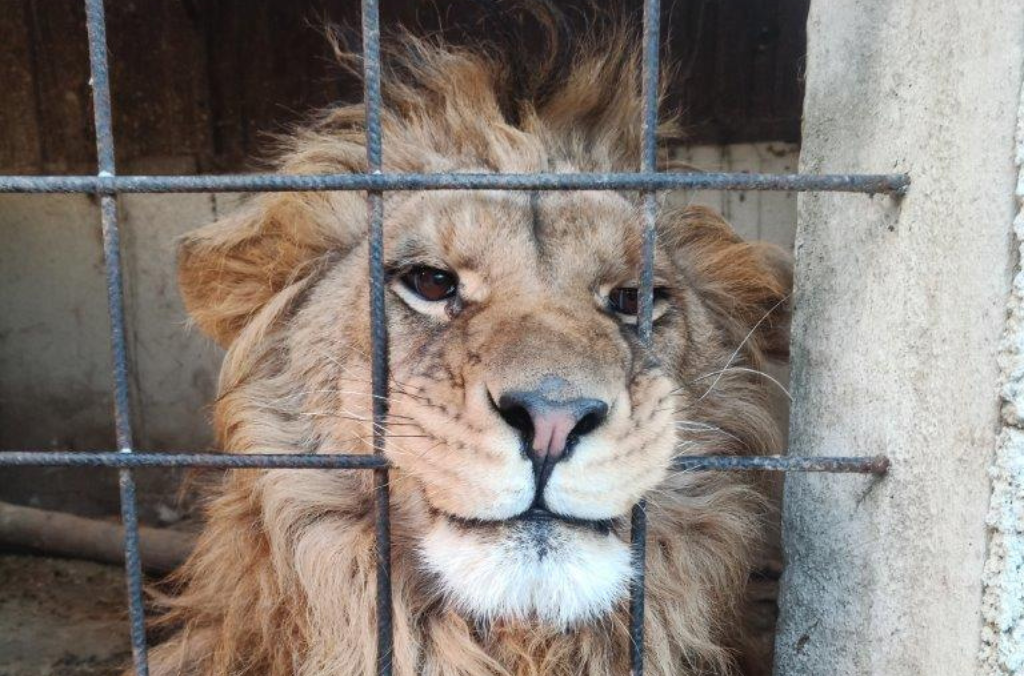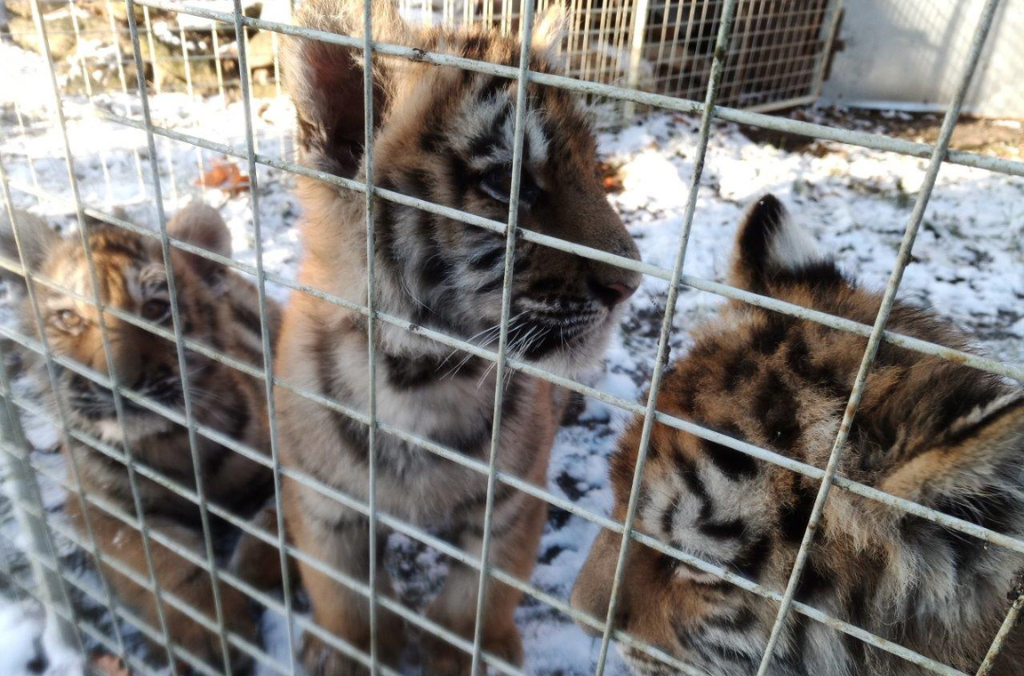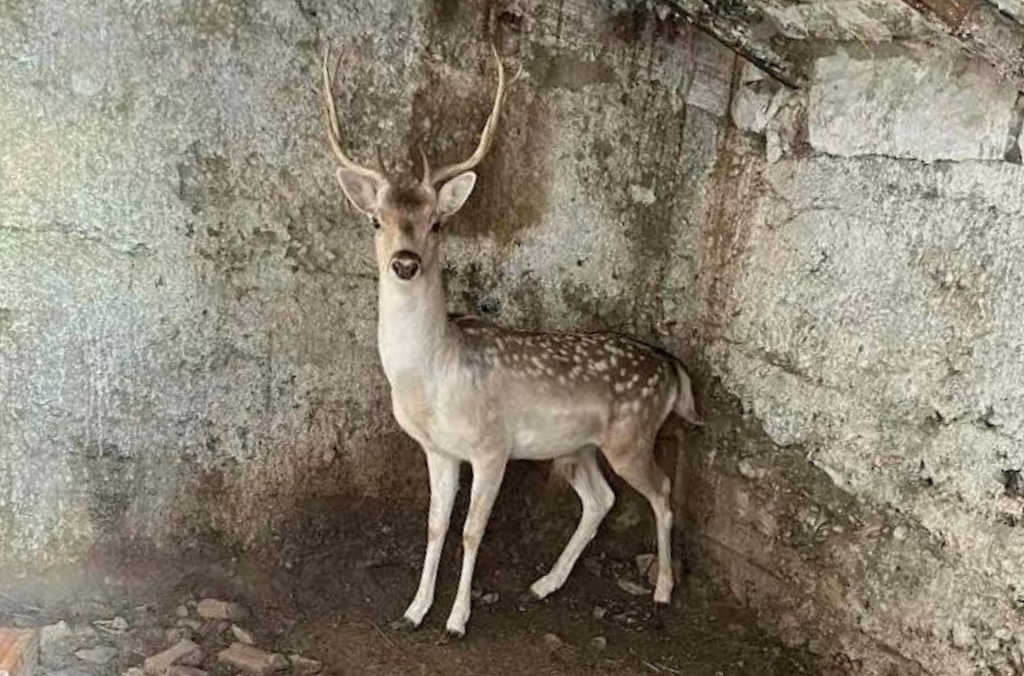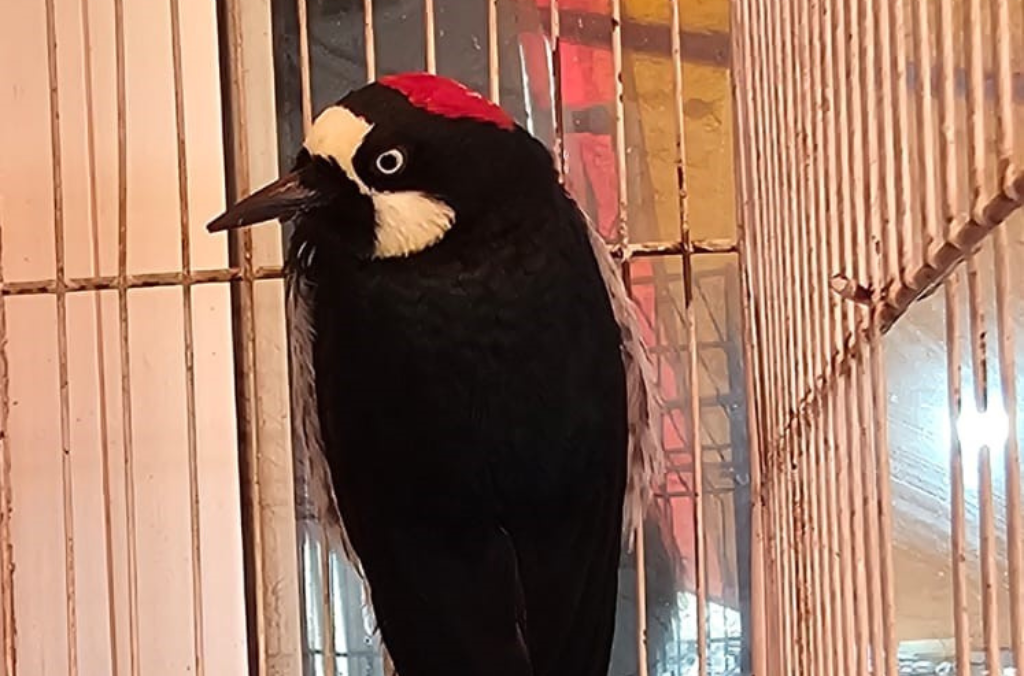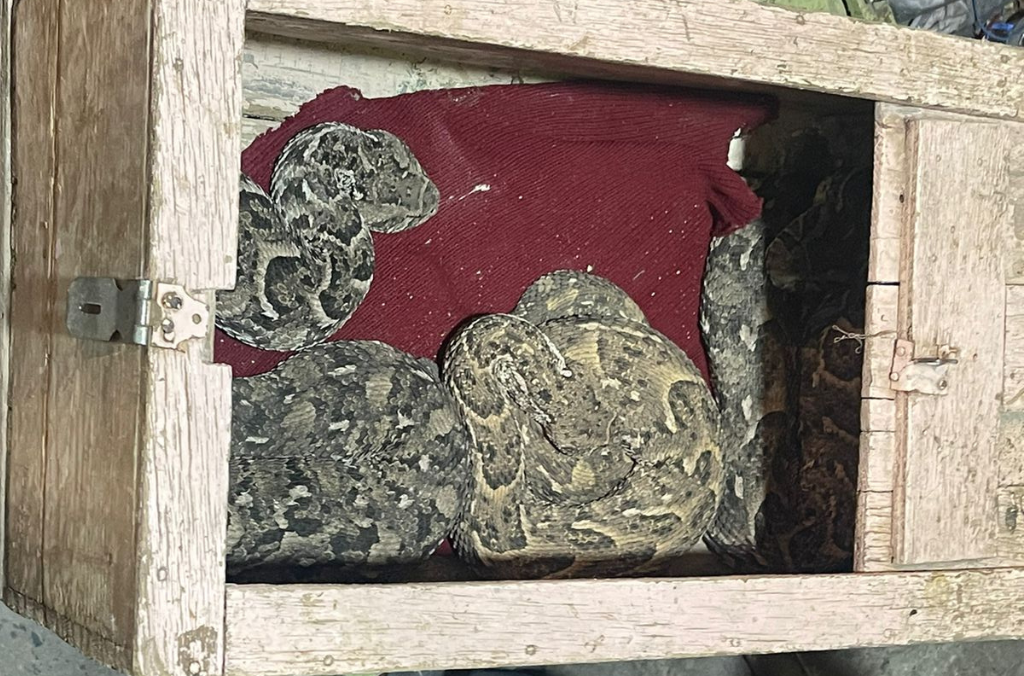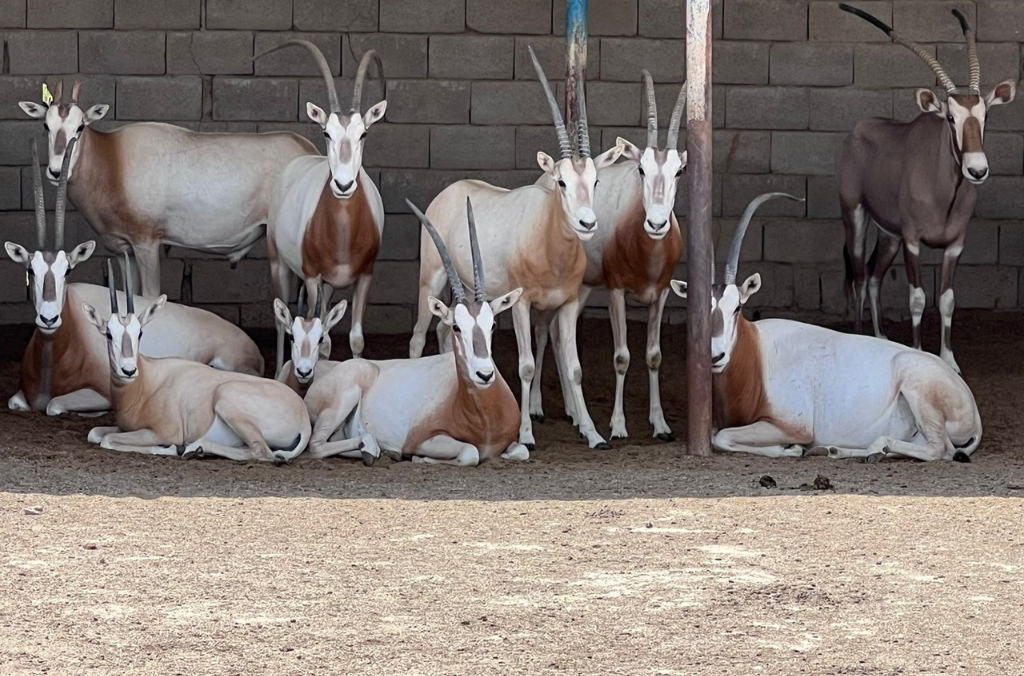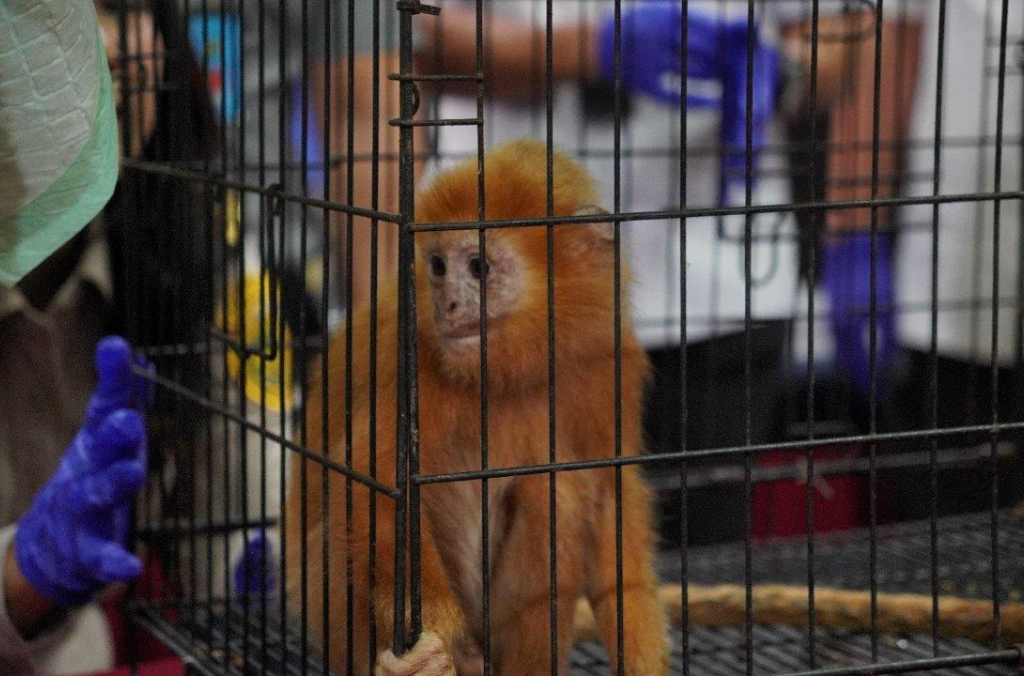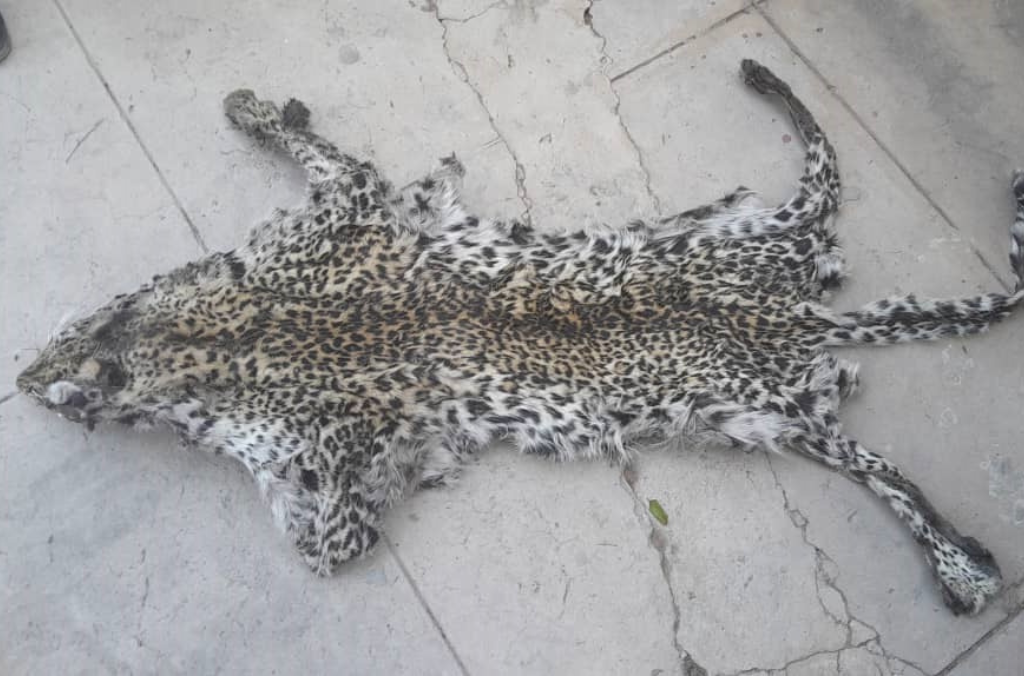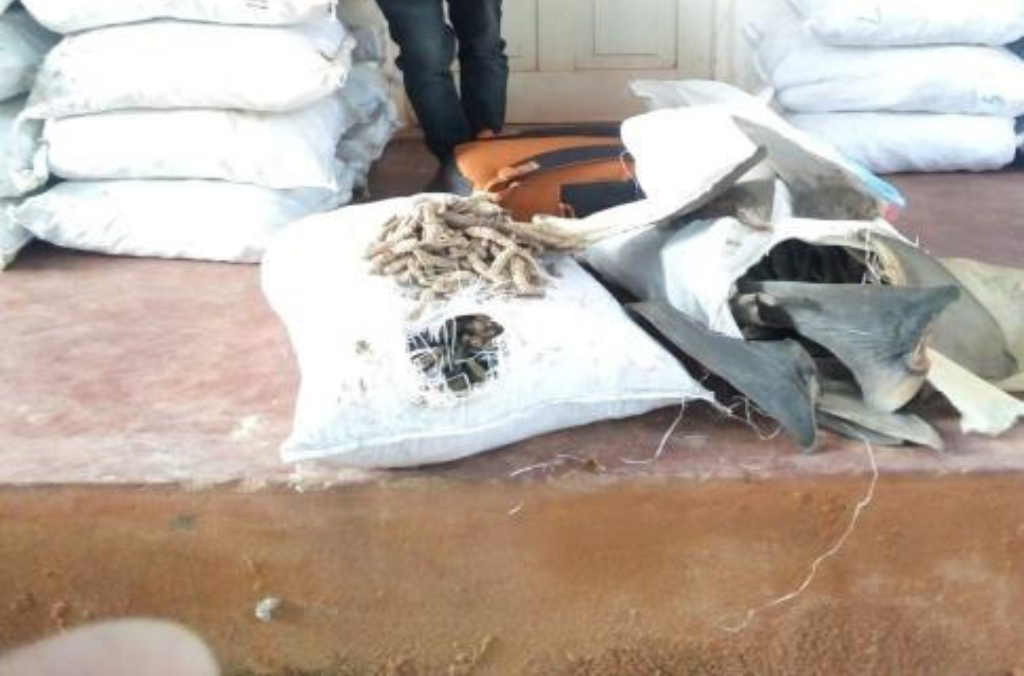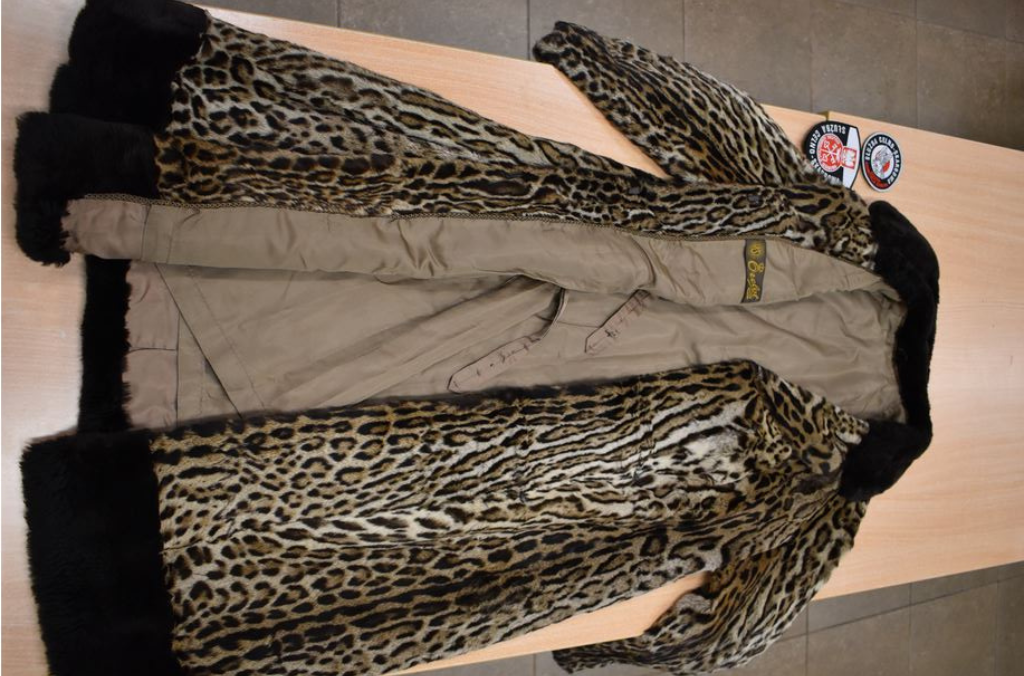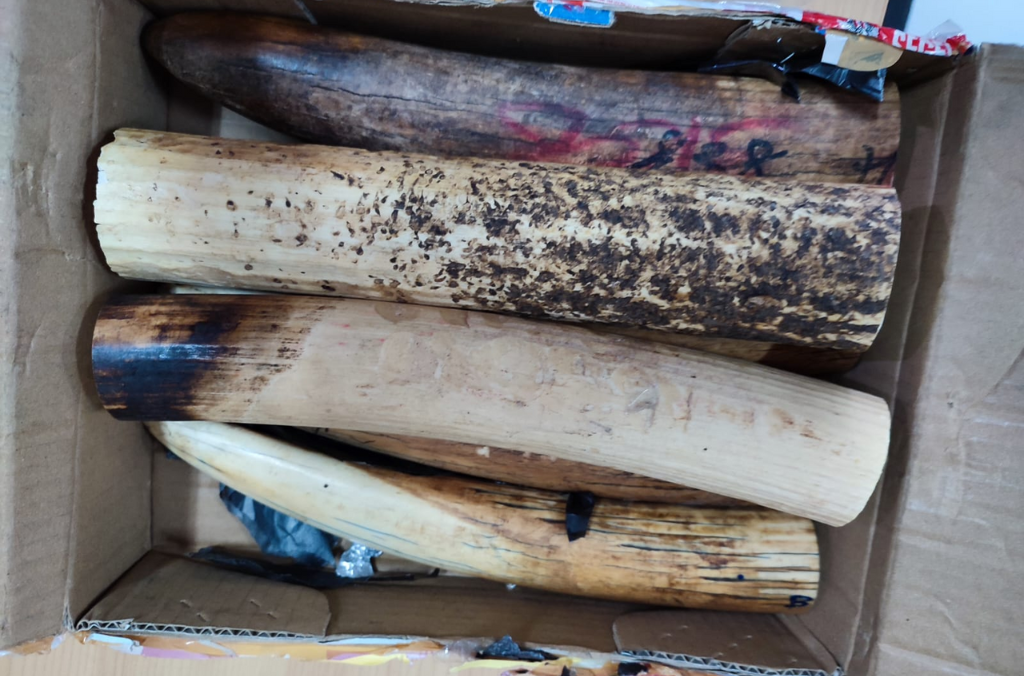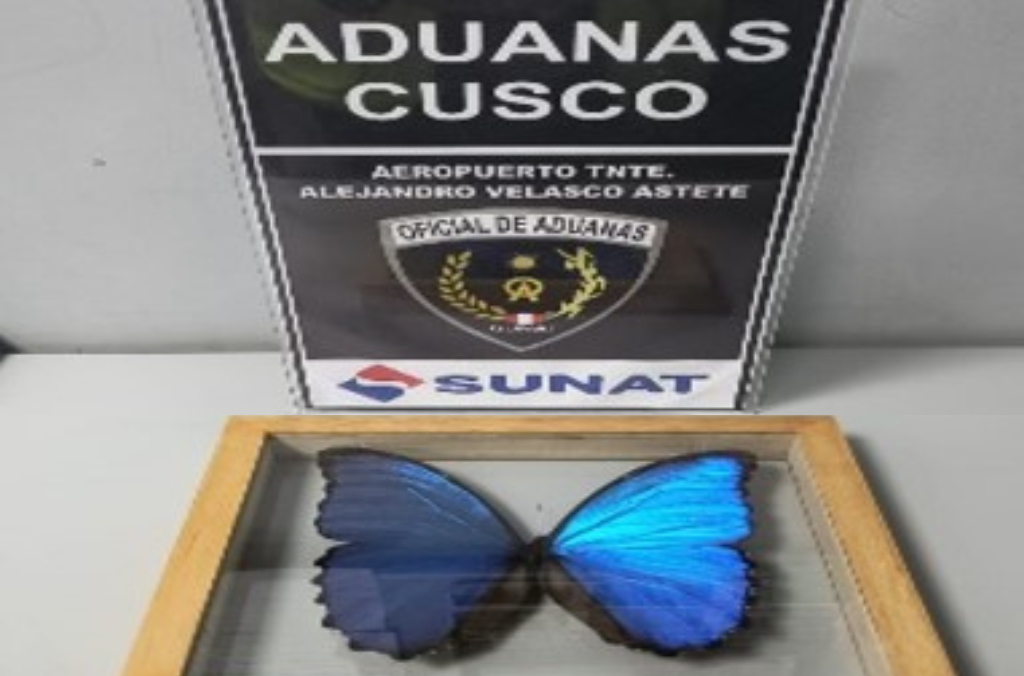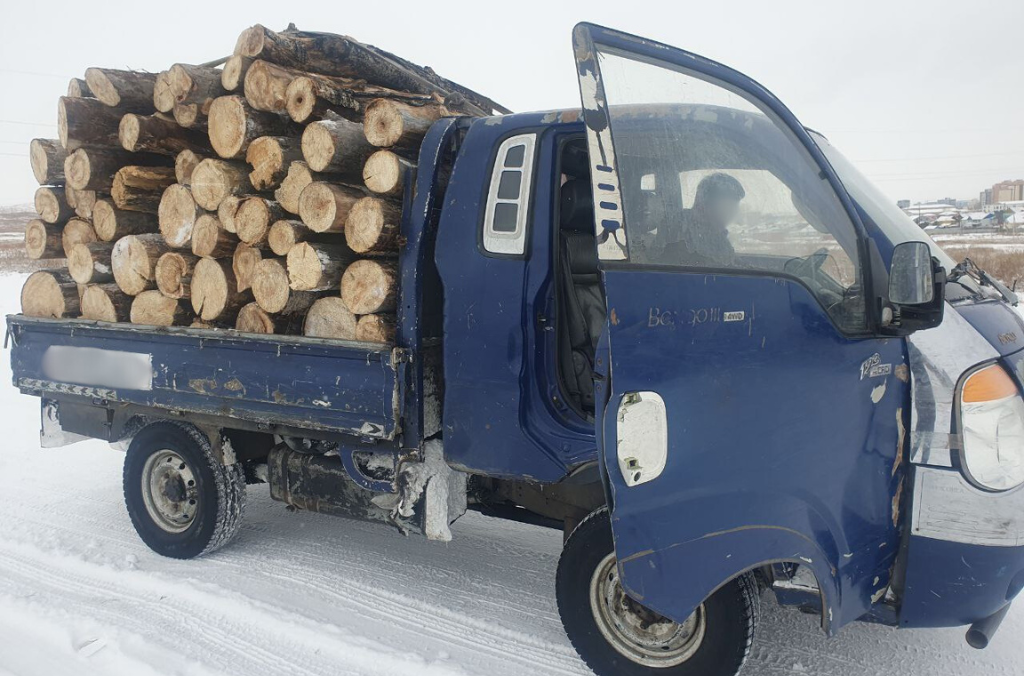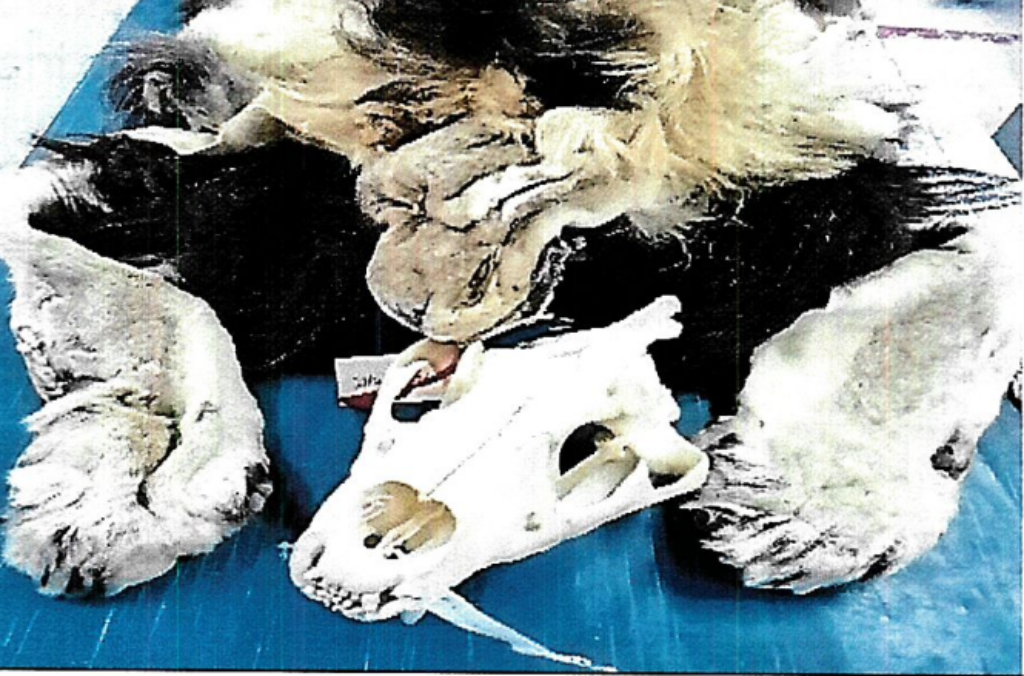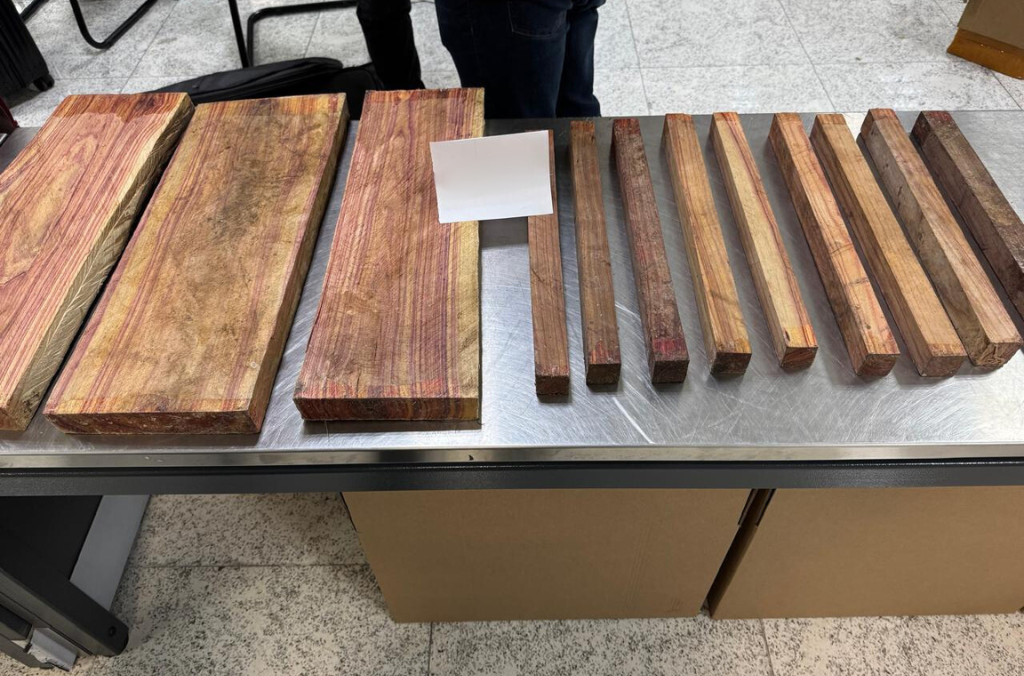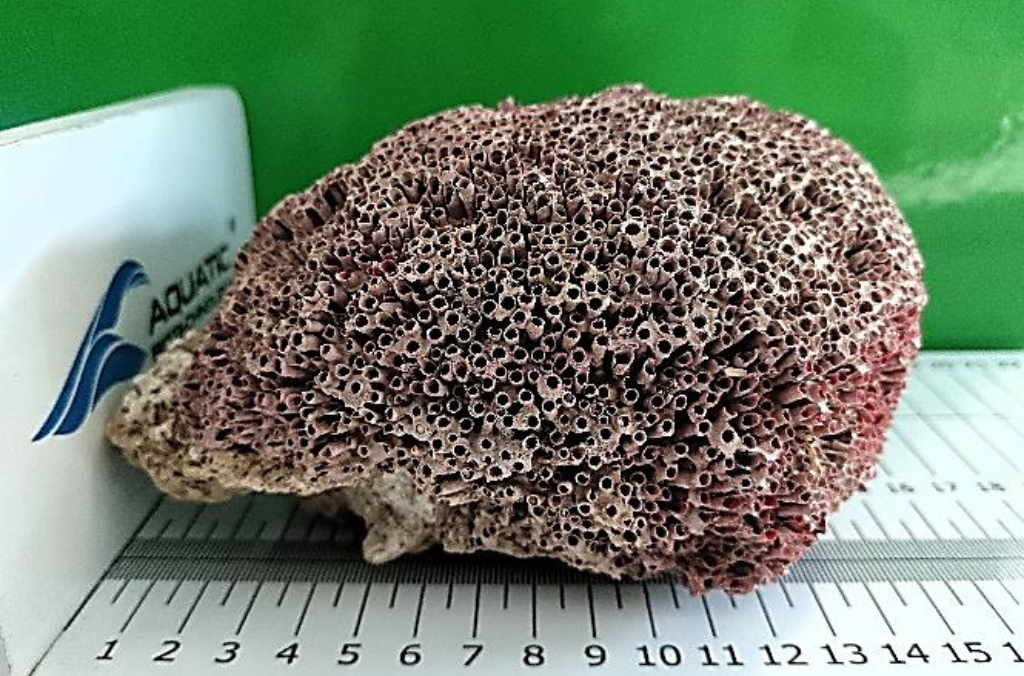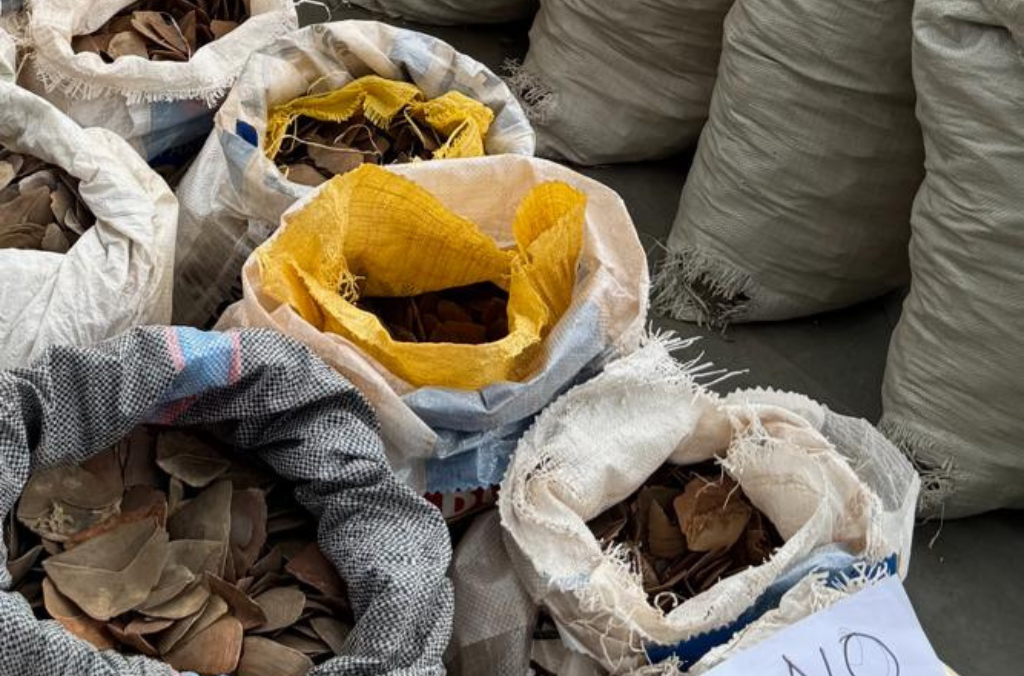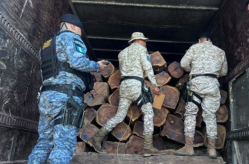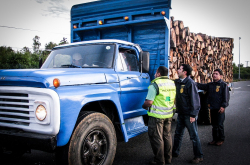LYON, France – Nearly 20,000 live animals, all endangered or protected species, have been seized in a global operation against wildlife and forestry trafficking networks, jointly coordinated by INTERPOL and the World Customs Organization (WCO).
Operation Thunder 2024 (11 November – 6 December) brought together police, customs, border control, forestry and wildlife officials from 138 countries and regions, marking the widest participation since the first edition in 2017.
Authorities arrested 365 suspects and identified six transnational criminal networks suspected of trafficking animals and plants protected by the Convention on International Trade in Endangered Species of Wild Fauna and Flora (CITES). Such species are illegally trafficked to meet specific market demands, whether for food, perceived medicinal benefits, “luxury” and collector items or as pets and competition animals.
The live animals, which included big cats, birds, pangolins, primates and reptiles were rescued in connection with 2,213 seizures made worldwide.
Where possible, wildlife forensic experts collected DNA samples before transferring the animals to conservation centres, where their health was assessed while awaiting repatriation or rehabilitation, in line with national frameworks and relevant protocols.
The collection of DNA is a crucial part of supporting prosecutions, as it helps confirm the type of species and its origin or distribution, shedding light on new trafficking routes and emerging trends.
Large-scale trafficking of animal parts, plants and endangered species
In addition to the live animals, participating countries seized hundreds of thousands of protected animal parts and derivatives, trees, plants, marine life and arthropods.
Timber cases represent the most significant seizures, primarily occurring in sea cargo container shipments, while most other seizures took place at airports and mail processing hubs.
Authorities also investigated online activities and found suspects using multiple profiles and linked accounts across social media platforms and marketplaces to expand their reach.
More than 100 companies involved in the trafficking of protected species were also identified.
Valdecy Urquiza, INTERPOL Secretary General said:
“Organized crime networks are profiting from the demand for rare plants and animals, exploiting nature to fuel human greed. This has far-reaching consequences: it drives biodiversity loss, destroys communities, contributes to climate change and even fuels conflict and instability.
“Environmental crimes are uniquely destructive, and INTERPOL, in cooperation with its partners, is committed to protecting our planet for future generations.”
Ian Saunders, WCO Secretary General, said:
“Operation Thunder continues to shed light on a crime that is often not a priority for enforcement actors. Through our joint efforts we have established cooperation mechanisms that facilitate the exchange of information and intelligence, and we have refined our enforcement strategies.
“The illegal wildlife trade is still rapidly growing, highly lucrative and has devastating effects. The WCO remains committed to supporting its members and partners to effectively combat this serious crime.”
Significant seizures include:
- Indonesia: 134 tonnes of timber headed to Asia via ocean freight.
- Kenya: 41 tonnes of exotic timber headed to Asia via ocean freight.
- Nigeria: 4,472 kg of pangolins scales
- Türkiye: 6,500 live songbirds discovered during a vehicle inspection at the Syrian border.
- India: 5,193 live red-eared ornamental slider turtles concealed in passenger suitcases arriving from Malaysia at Chennai Airport.
- Peru: 3,700 protected plants intercepted en route from Ecuador.
- Qatar: Eight rhino horns found in a suspect’s luggage while transiting from Mozambique to Thailand.
- United States: One tonne of sea cucumbers, considered a seafood delicacy, smuggled from Nicaragua.
- Hong Kong, China: 973 kg of dried shark fins originating from Morocco seized at the airport.
- Czech Republic: Eight tigers, aged between two months and two years, discovered in a suspected illegal breeding facility.
- Indonesia: 846 pieces of reticulated python skin, from the world’s longest snake species, concealed on board a ship.
- Australia and the United Kingdom reported seizures of bear bile, often used in traditional medicine.
- More than 300 firearms, vehicles and poaching equipment.
Building a global intelligence picture of wildlife and timber trafficking
Regular operations such as Thunder enable investigators to build a comprehensive global intelligence picture and detailed offender profiles, significantly enhancing the effectiveness of enforcement efforts and resolution of cross-border cases.
Cooperation between various stakeholders is essential for effectively combating transnational criminal networks, from seizure to arrest and prosecution, as the data collected enable customs administrations to refine their risk management and compliance strategies, and stay one step ahead of criminals, ensuring that their contribution to the fight against wildlife crime is dynamic and responsive.
Ahead of the operation, countries exchanged actionable intelligence on ongoing cases and high-value targets, updating critical information on 21 INTERPOL Red Notices for suspected traffickers wanted internationally. This exchange continued throughout the operation, with officers using the secure channels provided by both INTERPOL and the WCO to communicate in real time.
The Operation Thunder series is backed by the CITES Secretariat and carried out under the partnership framework of the International Consortium on Combating Wildlife Crime (ICCWC). The 2024 edition was co-funded by the European Union, the UK Department for Environment, Food and Rural Affairs (DEFRA), and the United States Agency for International Development (USAID).




